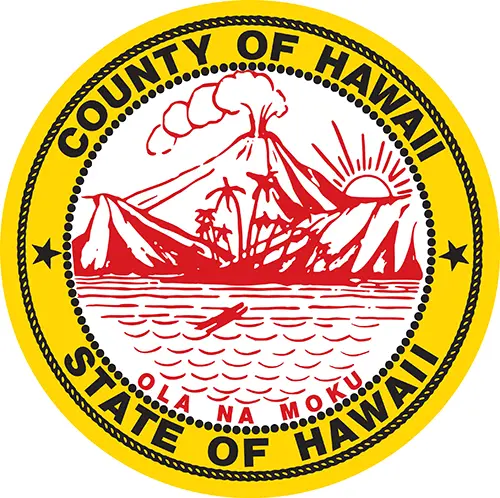(AP) — Lawmakers on Maui passed legislation Thursday aimed at eliminating a large percentage of the Hawaiian island’s vacation rentals to address a housing shortage exacerbated by the wildfire that destroyed most of Lahaina two years ago.
It’s the latest action by a top global tourist destination to push back against the infiltration of vacationers into residential neighborhoods and tourism overwhelming their communities.
In May, Spain ordered Airbnb to block more than 65,000 holiday listings on its platform for having violated rules. Last month, thousands of protesters in European cities like Barcelona and Venice, Italy, marched against the ills of overtourism.
The Maui County Council’s housing committee voted 6-3 to pass the bill, which would close a loophole that has allowed owners of condos in apartment zones to rent their units for days or weeks at a time instead of a minimum of 180 days.
The mandate would take effect in the West Maui district that includes Lahaina in 2028. The rest of the county would have until 2030 to comply.
The council still needs to vote on the bill, but the committee’s result is a strong indication of the final outcome because all nine council members sit on the housing panel. The mayor is expected to sign the bill, which he proposed.
“Bill 9 is a critical first step in restoring our commitment to prioritize housing for local residents — and securing a future where our keiki can live, grow, and thrive in the place they call home,” Maui Mayor Richard Bissen said in a statement, using the Hawaiian word for children.
Vacation rentals currently account for 21% of all housing in the county, which has a population of about 165,000 people.
An analysis by University of Hawaii economists predicted the measure would add 6,127 units to Maui’s long-term housing stock, increasing supply by 13%.
Opponents questioned whether local residents could afford the condos in question, noting that many of the buildings they are in are aging and their units come with high mortgages, insurance payments, maintenance and special assessment costs.
Alicia Humiston said her condo is in a hotel zone so it won’t be affected. But she predicted the measure will hurt housekeepers, plumbers, electricians and other small business owners who help maintain vacation rentals. “It’s not what’s best for the the community,” said Humiston, who is president of the Rentals by Owner Awareness Association.
Bissen proposed the legislation last year after wildfire survivors and activists camped out on a beach popular with tourists to demand change.
The University of Hawaii study said only about 600 new housing units are built in the county each year so converting the vacation rentals would be equivalent to a decade’s worth of new housing development. Condo prices would drop 20-40%, the study estimated.
The report also predicted one-quarter of Maui County’s visitor accommodations would vanish and visitor spending would sink 15%. It estimated gross domestic product would contract by 4%.
The mayor said such economic analysis failed to tell a full story, noting families are torn apart when high housing costs drive out relatives and that cultural knowledge disappears when generations leave Maui.
The mayor told the council the bill was one part of a broader housing strategy that would include building new housing, investing in infrastructure and stopping illegally operated vacation rentals. He said there were limits to how much new housing could be built because of constraints on water supplies and sewer infrastructure.
Tourism would continue on Maui but must do so in a way “that doesn’t hollow out our neighborhoods,” the mayor said.
The mayor’s staff told council members that visitor spending would decline with the measure but most of the drop would be on lodging. Because 94% of those who own vacation rentals in apartment zones don’t live on Maui, they said much of this income already flows off-island. They predicted the county budget could withstand an estimated $61 million decline in annual tax revenue resulting from the measure.





